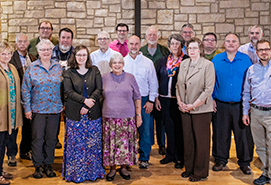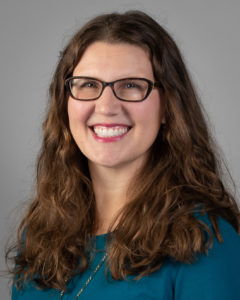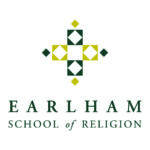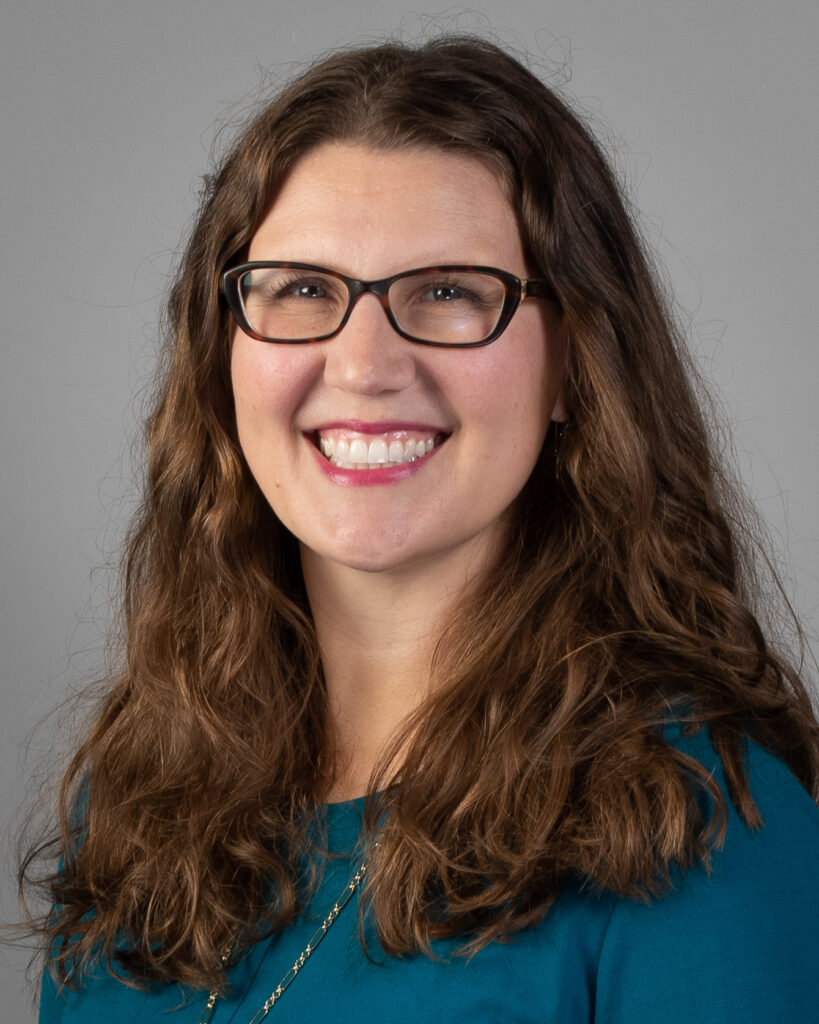MASTER OF ARTS: THEOPOETICS AND WRITING (MATW) EDUCATIONAL OBJECTIVES
The Master of Arts: Theopoetics and Writing is designed to enhance students’ ability to write and think at the intersection of creativity, faith, and meaning. Along with academic study, it trains students in various forms of written communication and other media that bring spirituality into public conversation with the whole of life. This program requires 36 hours of course work directly connected to the study of theopoetics and writing.
Graduates from the MA: Theopoetics and Writing program will be prepared to:
1. Hone skills in different genres and mediums of theopoetics and writing.
a. Exhibit knowledge and understanding of the content and method of various genres, such as narrative, poetry, fiction, creative nonfiction, essay, scholarly argument, visual arts, and public speaking.
b. Recognize and explain theopoetic moves in multiple mediums.
c. Engage in linguistic creativity as a formative spiritual practice, both for communities and for individual lives, including one’s own.
2. Describe the connection between theology and the imagination.
a. Identify the various conversations within theopoetics in terms of method, meaning, and value.
b. Describe one’s own theological imagination informed by theological investigation.
c. Articulate connections across theology, theopoetics, and the arts that are critical, generous, and creative.
3. Integrate learning that is interdisciplinary, intercontextual, and imaginative across theology, theopoetics, and the arts.
a. Demonstrate critical awareness of one’s own context and the ways in which different genres and mediums operate in the lives of readers in other contexts, in ministry, and in work for peace and justice.
b. Assess diverse, lived possibilities of theopoetics in different contexts, such as justice advocacy, peacemaking, and community living.
c. Analyze, critique, and synthesize diverse frameworks and insights related to theology, theopoetics, and the arts in dialogue with creative and scholarly partners.
4. Demonstrate expertise in theology, theopoetics, and the arts in a select number of genres and/or mediums as exhibited in a cumulative project.
a. Exhibit extensive knowledge of content relevant to project goals.
b. Employ various genres and/or mediums appropriate to one’s project goals.
c. Show expertise in the writing process, including creative idea generation, drafting, receiving and giving feedback, revision, and presentation for public engagement.
Note: The subpoints under each Program Objective are illustrative. All of the subpoints are not required to be assessed in each course working at the specific Program Objective.















 Green Circle: Bethany invests in 100% renewable energy.
Green Circle: Bethany invests in 100% renewable energy.